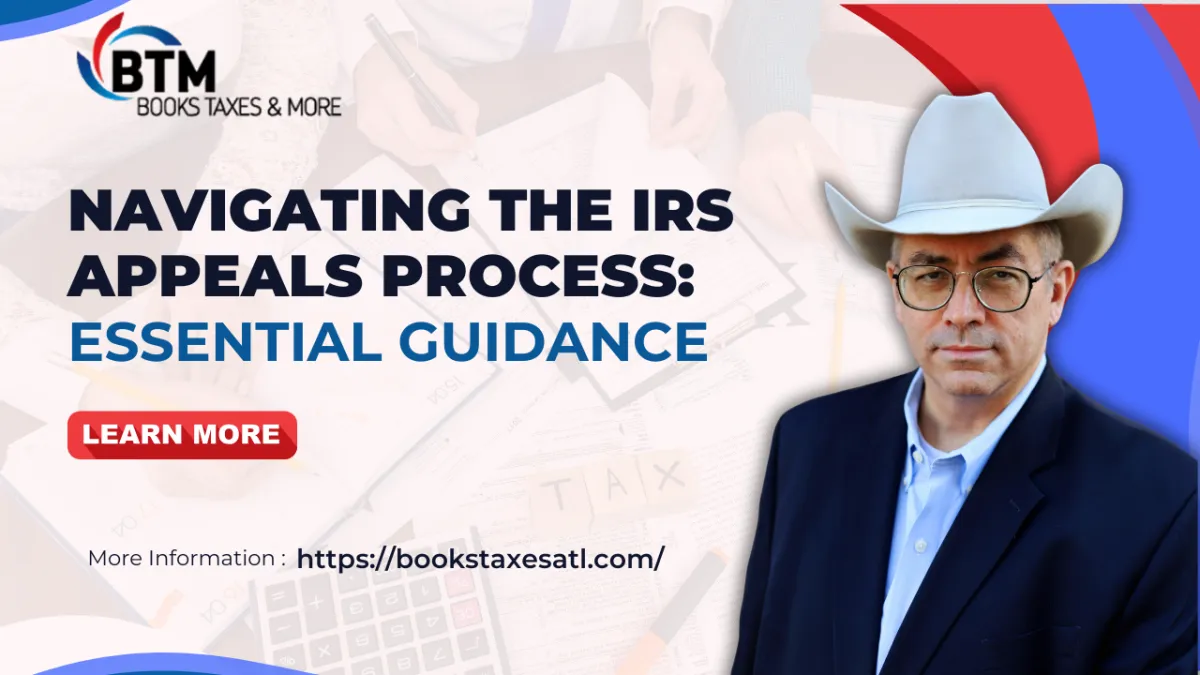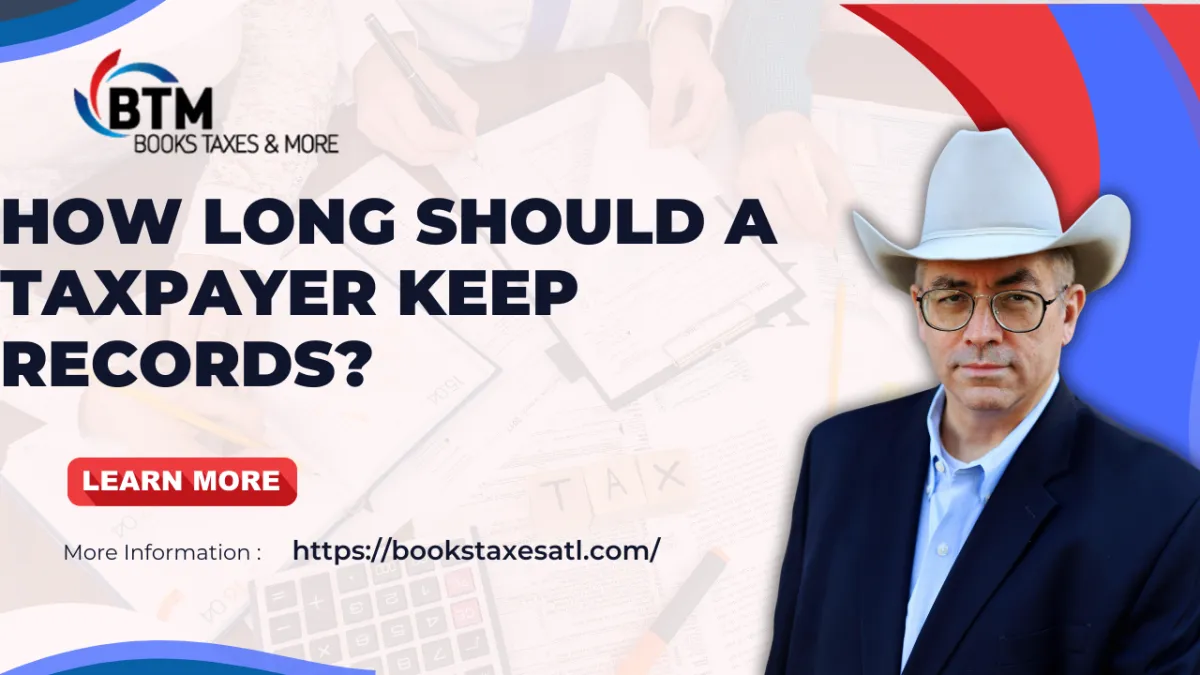 Steve Perry
Steve Perry Published on: 28/06/2025
- The IRS appeals process offers taxpayers an impartial way to resolve disputes involving audits, penalties, collections, and other tax decisions without going to court.
- Steve Perry, Enrolled Agent (EA) at Books, Taxes & More, expertly manages appeals by reviewing IRS notices, building strong protest cases, and negotiating effectively during appeals conferences.
- Appeals over $25,000 require detailed protests with supporting documentation, while smaller cases may use simplified forms; strategic arguments align with tax law and precedents.
- Perry skillfully negotiates using the IRS's litigation risk model and can escalate unresolved cases to Tax Court or refer to attorneys as needed.
- Effective tax representatives combine tax knowledge, negotiation skills, strategic thinking, and IRS experience to advocate for the best outcomes.
- Proper documentation is critical for validating tax claims, reducing penalties, speeding audits, and building defenses; key records include receipts, mileage logs, bank statements, income reports, and legal documents.
- The IRS recommends keeping records for at least three years, longer in cases of underreported income, fraud, or property-related transactions.
- As an EA, Steve Perry guides clients in organizing, maintaining, and reconstructing records, representing them before the IRS, and educating on documentation requirements.
- With expert representation and thorough documentation, taxpayers are empowered to protect their financial interests and face IRS challenges confidently.
Tax education articles and IRS representation advice for individuals and small businesses




